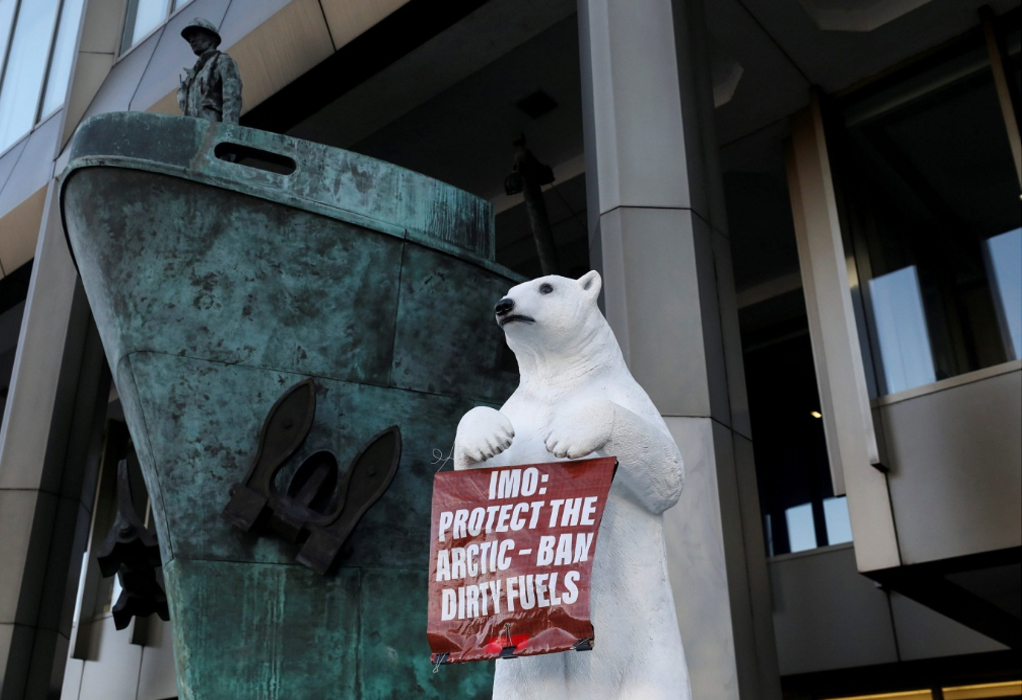The United Nations shipping agency on Thursday adopted a ban on the use of heavy fuel oil in the Arctic region, but environmental groups said the regulations contained loopholes which will allow many vessels to keep sailing without enough regulatory control.
Antarctic waters are protected by stringent regulations, including a ban on heavy oil fuel (often abbreviated HFO) that was adopted in 2011, even though no cargo moves through the turbulent southern waters. For the Arctic, the rules have been looser.
In a virtual session of its Marine Environment Protection Committee the UN’s International Maritime Organization approved a ban on the use of HFO and its carriage for use by ships in Arctic waters after July 1, 2024.
A series of exemptions and waivers would mean a complete HFO ban would only come into effect in mid-2029, which campaigners the Clean Arctic Alliance said would amount to “endorsing continued Arctic pollution.”




Recent Posts
Scandlines Nears Delivery of Zero Emissions Ferry Following Successful Sea Trials
India faces emission roadblocks with rising net-zero demands
Green Energy Resources invests in two electric Liebherr LHM 550
NYK Launches Continuous Use of Bio LNG Fuel on Car Carriers to Advance Decarbonization Goals
Yang Ming Expands Fleet with Methanol and LNG Dual-Fuel Vessels Under Fleet Optimization Plan
ClassNK Advocates Speed Gap Monitoring to Optimize Fuel Efficiency in Heavy Weather
Wärtsilä’s retrofit package for the Corsica Linea ferry Pascal Paoli has resulted in fuel savings of up to 22 percent Corsica Linea
COSCO Shipping Names Second Methanol Dual-Fuel Containership in Yangzhou